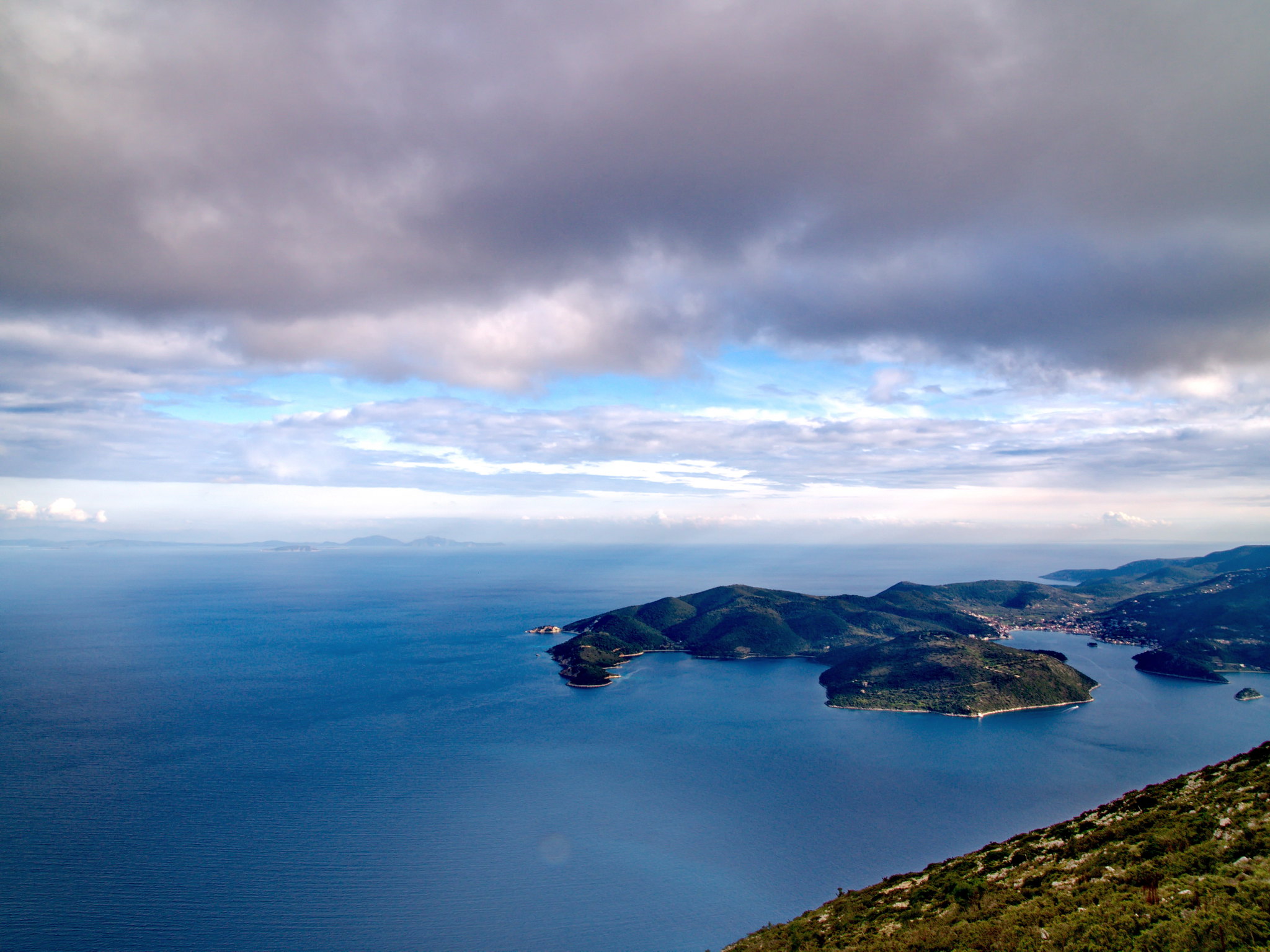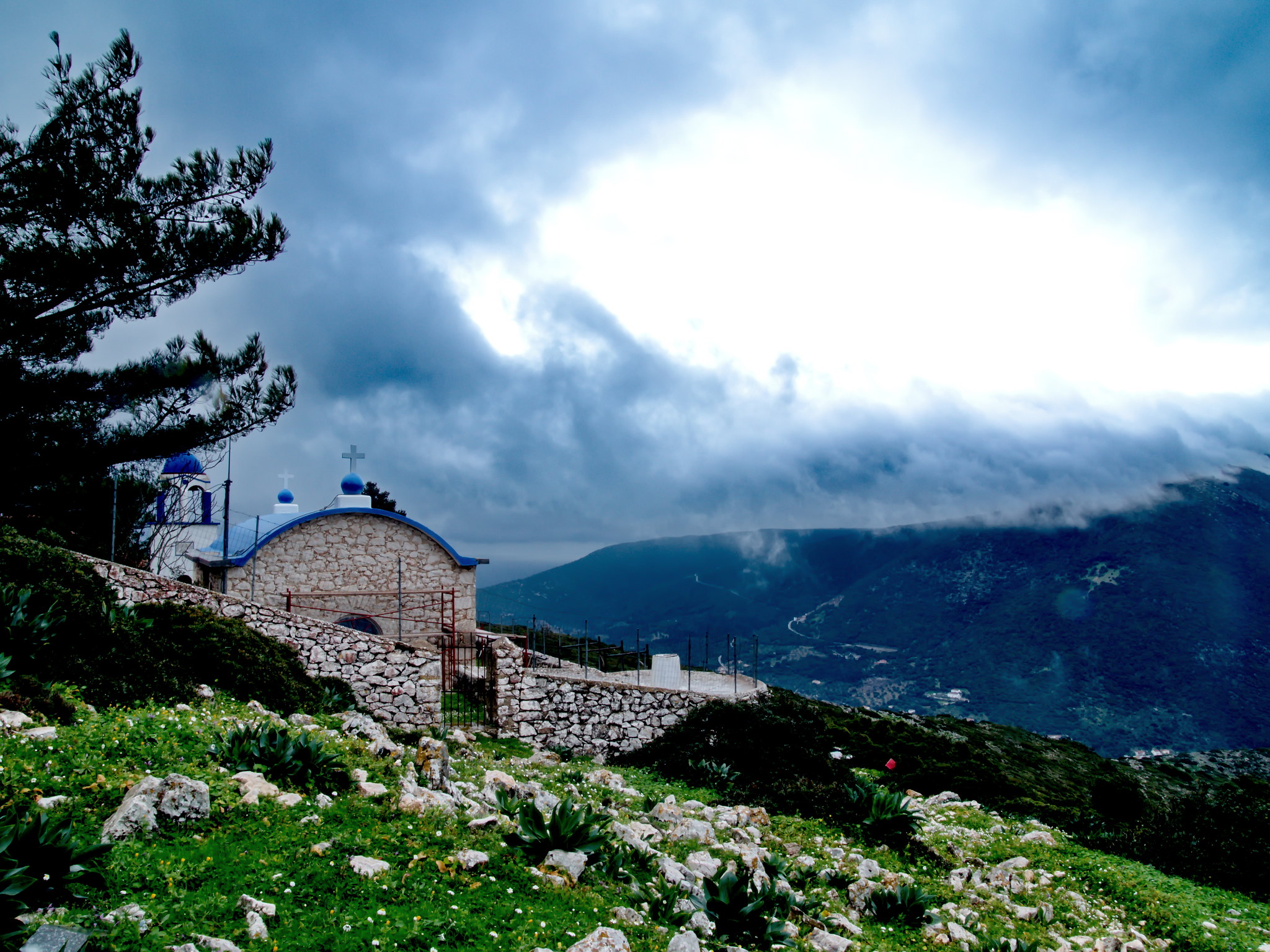The Odyssey is a tale of Bronze Age Greece as seen from the eyes of the Dark Age author Homer. From historical sources we see the Bronze Age cities as clearly run by some type of powerful hierarchy that can direct the efforts of its citizens and collect both taxes and resources, but what we see in the Odyssey is a collection of town chieftains forming a confederation of nobles. In spite of the magnificence of their palaces, and their god-like accomplishments of heroism, in all methods they represent a gilded variation of the Homeric chieftain who leads with the approval of the area in which he resides in an attempt to sustain and provide prosperity for his people.
Broadly specified the function of a king in Homeric society is to safeguard and provide for the people of his region. In addition to holding a considerable estate from which one can yield much animals and farming crop, ithaca in greece this was a time where piracy was a regular event from which one may gain fantastic wealth and in turn would have to protect ones self and ones village versus. Whenever a stranger appears in the Odyssey he is often very first asked his moms and dads names, from where he comes, and if he is a raider. For instance, when Telemachus gets here in Pylos he is asked this concern and takes no offense but addresses it straight (Odyssey. P. 27 b. 3), and we likewise see Odysseus throughout his informing of his journey given that Troy to the Phaecians and without hesitation he explains the sacking of a city purely for the factor of loot. This is the main role of the Homeric king, though also he is to work as the administrative head of the community, satisfying any responsibilities such required in preserving the public order.
One thing that must be understood about kings in the legendary poems is that Homer is discussing kings of a different period where there existed large cities, multi-acre palaces, and real kingdoms deserving of the name, while utilizing the governmental and social structure of his own Dark Age, which indicate that villages were the largest settlements, there were no palaces, and the most effective man in Greece would simply be another chieftain. Without a considerable population to make use of for material resources and labor it is simply not possible to establish and support a palace run hierarchical government, and severely restricts the possible power one may have as a 'king'. A king might have the largest plot of land, a somewhat bigger home, and more cattle, however without some type of stocked resource wealth, and military power the king is left ruling by the authority of his individuals.


Therefore, Homeric kings were not all powerful and we discover numerous examples of this in Homeric epics where we can see that a Homeric king is unable to command another guy who is not his home. The only genuine bonds we see are those, which are created by family ties, and honor based relationships. In the Odyssey we see Agamemnon, who was seen as a king of higher status than the rest, mention how hard it was to persuade Odysseus to come with him to Troy (Odyssey 296.24), and throughout the actual fight at Troy we see Agamemnon act unreasonably towards Achilles at which point Achilles chooses he will not take Agamemnon's orders anymore and declines to eliminate (Iliad 13-17.1).
The Homeric king is often the boy of the previous king, but does not follow a hereditary line by requirement. A child will inherit his fathers material resources which in itself provides him significant impact and capability to mount attacks on other settlements and defend his own. In ancient Greece ones status was most easily judged by the quantity of wealth one had, due to the fact that wealth was acquired by being able to marshal the funds and support to phase raids and loot other villages, and will have the resources to protect his own village, and feed the warriors he utilizes for these actions.
In addition to this product wealth a boy likewise acquires the relationships and bonds of his father. These relationships guarantees him an website assistance base of allies that might want to provide him resources need to he try to collect a raid on another village, such as the attack on Troy which collects forces from all over Greece consisting of Nestor at Pylos, and Odysseus from Ithaca, or assistance in the defense of his own holdings. Needs to a new king be found doing not have and incapable of sustaining and defending his town, he will be replaced by another more fitting individual. In the Odyssey Telemachus is to be the next king of Ithaca with the lack of his daddy and the suitors think that they will replace him rather up until he shows his capability as a leader when he makes an exploration to Pylos and Sparta. By effectively completing this expedition he is believed well of by those of Ithaca, and with the acquired wealth of his father Odysseus, and the acquired relationships with Nestor of Pylos, Menelaus of Sparta, and lots of others in Ithaca (Odyssey 27.2, 39.4) he is in a position to end up being and remain king. Without these connections, nevertheless, a ruler is severely weakened for he has no assistance and reduced resources to fulfill his role. The majority of the Odyssey is based upon Telemachus' failure to ward off the wicked suitors who are laying destroy to his estates, and certainly to Ithaca itself, due to his absence of offered supporting allies (Odyssey 42.4).

Even with the assistance of others a Homeric king is not the only voice of authority in an area. There is often a council of nobles and elders, which the king might present ideas to and ask for approval or aid on, which they may deny. When Telemachus assembles the council of Ithaca and presents his speech he is mostly chewed out and denied (Odyssey 15-20.2), while Alcinos, king of the Phaecians, makes on numerous celebrations a request of his nobles and elders and they follow it right away (Odyssey 159.13). Even amongst those who are not nobles a king needs to give in to the voice of the many, such as we see by Odysseus when he urges his men to remain on board the ship instead of producing land one night to prepare and he acknowledges that he is one, and they are many, and he can not decline them (Odyssey 154.12).

